News Seven MIT PhD Students Recognized by the J-WAFS Fellowships for Water Solutions Program for 2020-2021
J-WAFS has announced the award of graduate fellowships to three MIT PhD students. Four others have received high honors. Together, these students are driving innovative water sector research at MIT that seeks to improve water access for all.
Andi Sutton Abdul Latif Jameel Water and Food Systems Lab June 9, 2020
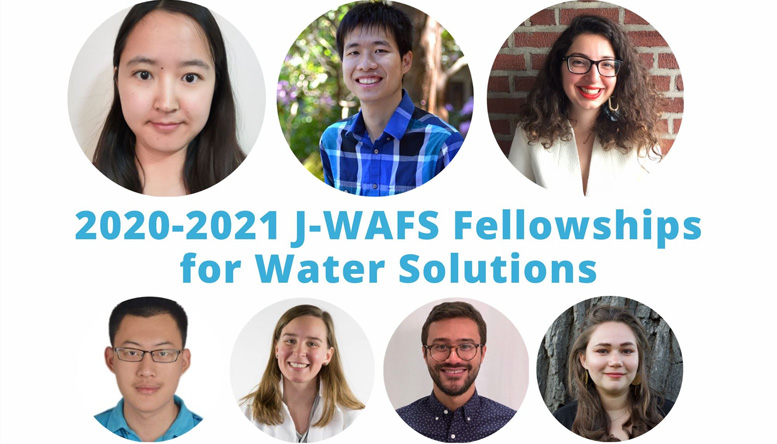
Top: J-WAFS Fellows for Water Solutions: Huanhuan Tian and Chun Man Chow; Rasikbhai L. Meswani Fellow for Water Solutions Nadia Christidi; Bottom: Honorable Mention: Lenan Zhang,Georgia Van de Zande, Jonars Spielberg, Elena Sobrino
Today, the Abdul Latif Jameel Water and Food Systems Lab (J-WAFS) has announced the selection of its fourth cohort of graduate fellows. Three students have been named as Fellows as part of J-WAFS’ Rasikbhai L. Meswani Fellowship for Water Solutions and J-WAFS Graduate Student Fellowship Programs. Four additional students were awarded “honorable mention.” J-WAFS will support all seven students throughout the 2020-2021 academic year by providing networking, mentorship, and opportunities to showcase their research.
This year, J-WAFS received a record number of student nominations from faculty across a variety of departments spanning three MIT Schools: Architecture and Planning, Engineering, Humanities, Arts, and Social Sciences. The strong applicant pool reflected the Institute’s growing depth and reach in water systems research. The seven students being recognized this year represent a dynamic and engaged community dedicated to improving the security, safety, and efficiency of the world’s water supplies. Join us in congratulating these students as we recognize their outstanding achievements—and promise—as leaders in the development of solutions to vital water challenges!
MIT PhD Candidates Awarded J-WAFS Fellowships:
Three students have been selected as J-WAFS fellows: Huanhuan Tian, a PhD candidate in the Department of Chemical Engineering; Nadia Christidi, a PhD candidate in the Doctoral Program in History, Anthropology, and Science, Technology, and Society; and Chun Man Chow, a PhD candidate in Mechanical Engineering. Each of them has demonstrated an exemplary academic record as well as a longstanding commitment to water issues both in and outside of an academic setting.
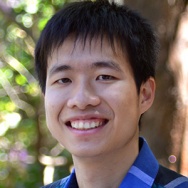
Chun Man Chow has been awarded a J-WAFS Fellowship for Water Solutions. Chun Man grew up in Hong Kong, where he developed an interest in environmental and water issues. As an undergraduate, he studied environmental engineering science and chemical engineering at UC Berkeley, after which he spent a year at the University of Cambridge, UK, under the Churchill Scholarship. Working in the lab of Professor Rohit Karnik in the Department of Mechanical Engineering at MIT, he focuses on developing novel separation processes for environment, health, and industrial applications. Currently, Chun Man is developing single-layer nanoporous graphene membranes for resource recovery and water purification. These materials have the potential to greatly improve the energy efficiency of separation processes, decrease the water footprint of industrial processes, and offer the opportunity to engineer compact, modular systems.
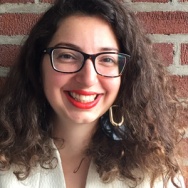
Nadia Christidi has been awarded a Rasikbhai L. Meswani Fellowship for Water Solutions. Nadia came to MIT to pursue a PhD in the Doctoral Program in History, Anthropology, and Science, Technology, and Society after receiving a bachelor's degree in art history from Bryn Mawr College and a master's degree in historical studies from the New School for Social Research. Working with her advisor Professor Christine Walley, her doctoral research explores how cities that face water supply challenges, which are expected to intensify with climate change, are imagining, planning, and preparing for the future of water. She has focused her work on Los Angeles (USA); Dubai (UAE); and Cape Town (South Africa)—all cities facing water challenges in the face of climate change. Through interviews, participant observation, and archival research, Nadia is following water managers, engineers, and climate scientists as well as architects, designers, and artists to explore how different actors are imagining the future of water and how these imaginaries are shaping water plans and solutions.
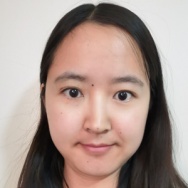
Huanhuan Tian has been awarded a J-WAFS Fellowship for Water Solutions. Huanhuan grew up in a small town in Shandong, China. After completing a bachelor’s and master’s degrees in the Department of Engineering Mechanics at Tsinghua University in China, she joined the MIT Department of Chemical Engineering in 2018. She is currently working in the lab of Professor Martin Bazant to develop a novel water treatment method that uses “shock electrodialysis” (SED) to remove toxic contaminants, such as lead, from water. As a J-WAFS fellow, Huanhuan will continue to hone this technology’s ability to remove toxic metals from water and will begin work designing bench-scale prototypes. Her experimental and theoretical work on lead removal from municipal water could lead to the development of an inexpensive small-scale point-of-use device.
MIT PhD Candidates Awarded Honorable Mention for the J-WAFS Fellowships for Water Solutions
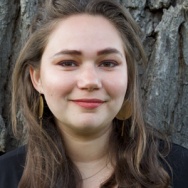
Elena Sobrino is a PhD candidate in the Doctoral Program in History, Anthropology, Science, Technology, and Society. She uses anthropological methods and science and technology studies to understand the cultural dynamics of water, toxicity, science, capitalism, and the systemic racism that affects each of these areas. For her dissertation, Elena is using ethnography to document how communities of organized labor, environmental justice activism, and green chemistry offer distinct approaches to ameliorate past, present, and future toxic harm in the deindustrialized Great Lakes region of North America, with a focus on Flint, Michigan and the ongoing water crisis there. Her advisor is Professor Christine Walley.
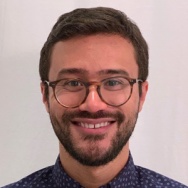
Jonars Spielberg is a PhD candidate in international development in the Department of Urban Studies and Planning at MIT. Jonars’ current research investigates the promises and pitfalls of implementing participatory irrigation management reforms—a principal policy in the global South since the 1980s—in Senegal’s northern agricultural zone. He has been supported by the J-WAFS seed grant program as well as the Fulbright Student Program to pursue this work. His advisor is Professor Bishwapriya Sanyal.
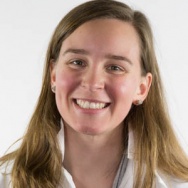
Georgia Van de Zande is a PhD candidate in the Department of Mechanical Engineering, where she also earned her undergraduate and master’s degrees. A member of professor Amos Winter’s GEAR Lab, and currently supported by J-WAFS’ Research Affiliate program, she is combining parallel interests in water technologies and user-centered product design to develop farmer-centered irrigation systems aimed at increasing adoption in smallholder farmers and increasing water and food security in Sub-Saharan Africa.
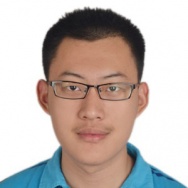
Lenan Zhang is a PhD candidate in the Department of Mechanical Engineering where he works in the lab of Professor Evelyn Wang. His research combines the fundamental studies of heat and mass transport processes with the development of novel and sustainable approaches for water production and energy conversion. He is currently working on a multistage desalination system driven by sunlight in order to help communities in remote, arid regions across the globe meet their drinking water needs affordably.